Games and Mathematics: Subtle Connections
4.5
Reviews from our users

You Can Ask your questions from this book's AI after Login
Each download or ask from book AI costs 2 points. To earn more free points, please visit the Points Guide Page and complete some valuable actions.Related Refrences:
Introduction to "Games and Mathematics: Subtle Connections"
"Games and Mathematics: Subtle Connections" by David G. Wells offers readers a fascinating exploration into the intricate ways in which games and mathematical concepts intertwine. Far from the stereotypes of dry textbooks or frivolous gaming discussions, this work exemplifies the profound synergy between these two seemingly distinct worlds. Whether you're a seasoned mathematician, an avid gamer, or simply curious about the hidden layers of logical beauty, this book reveals the deeper principles behind play and problem-solving.
Games are a ubiquitous feature of human culture, representing creativity, strategy, and competition. Mathematics, on the other hand, is often regarded as rigid, abstract, and purely intellectual. Yet, these two domains share an incredible amount of overlap. The book delves into classic games like chess and tic-tac-toe, as well as probabilistic games like card games and dice rolls, unraveling the underlying strategies and mathematical frameworks that govern them. It also takes readers through modern innovations, such as combinatorial game theory and algorithmic problem-solving, all the while remaining accessible and engaging for non-specialists.
Detailed Summary of the Book
The core narrative of "Games and Mathematics: Subtle Connections" revolves around demonstrating how mathematical concepts permeate virtually all forms of games. The book is structured to simultaneously educate and entertain, presenting both theoretical insights and practical applications.
In the opening chapters, the reader is introduced to the foundational principles of game theory and strategy. Topics like fairness, randomness, symmetry, and probability are examined through timeless examples, including rock-paper-scissors, roulette, and even ancient puzzles. These introductory sections are perfect for building a solid framework for further exploration.
As the book progresses, it dives deeper into combinatorial mathematics and explores topics such as the mathematical properties of popular board games, the geometry in sports games, and the probability calculations underlying gambling and casino games. Even complex ideas like Nash equilibria and tree diagrams are broken down into digestible explanations with real-world examples, ensuring an enjoyable learning experience.
Beyond just academic theories, the book also explores the social and psychological implications of games as mathematical systems. It sprinkles in discussions on why certain games have universal appeal, how mathematical puzzles promote cognitive development, and how logic-based games have influenced artificial intelligence and computational philosophy.
Key Takeaways
- Learn how mathematics provides a solid foundation for understanding strategy and decision-making in games.
- Discover the mathematical principles underlying fairness, randomness, and symmetry in competitive play.
- Gain insights into famous mathematical puzzles and their applications to real-world problems.
- Understand the role of probability and combinatorics in developing optimal strategies for complex games, from chess to card games.
- Explore the cultural and educational value of games, emphasizing their importance in promoting logical thinking and problem-solving skills.
Famous Quotes from the Book
"Games are not just a pastime; they are a window into the mathematical soul of humanity." – David G. Wells
"The simplest of games hide complex layers of logic, symmetry, and strategy, which reveal themselves only to those who play thoughtfully."
"Mathematics is the invisible hand that turns random chance into patterns, chaos into strategy, and play into discovery."
Why This Book Matters
"Games and Mathematics: Subtle Connections" stands out as a crucial work for anyone interested in bridging the gap between two of humanity's most enduring pursuits: games and mathematics. Its accessible approach makes it suitable for readers from all walks of life, from students to educators, from mathematicians to enthusiasts of game theory. The insights offered in this book not only deepen our understanding of mathematical principles but also celebrate the universal joy of play.
By demonstrating how games reflect mathematical thinking, the book highlights the relevance of mathematics in everyday activities and moments of leisure. Through its application-oriented lens, it transforms abstract theoretical ideas into tangible, relatable concepts. Moreover, this book exemplifies how games have historically served as stepping stones to deeper scientific discoveries, making it a highly relatable and impactful read.
Ultimately, David G. Wells has crafted an inspiring narrative that bridges the worlds of mathematics, logic, and entertainment. Whether as a casual reader or a devoted scholar, you will leave the book not only more informed but also more attuned to the subtle connections that enrich our world.
Free Direct Download
You Can Download this book after Login
Accessing books through legal platforms and public libraries not only supports the rights of authors and publishers but also contributes to the sustainability of reading culture. Before downloading, please take a moment to consider these options.
Find this book on other platforms:
WorldCat helps you find books in libraries worldwide.
See ratings, reviews, and discussions on Goodreads.
Find and buy rare or used books on AbeBooks.
1425
بازدید4.5
امتیاز0
نظر98%
رضایتReviews:
4.5
Based on 0 users review
Questions & Answers
Ask questions about this book or help others by answering
No questions yet. Be the first to ask!

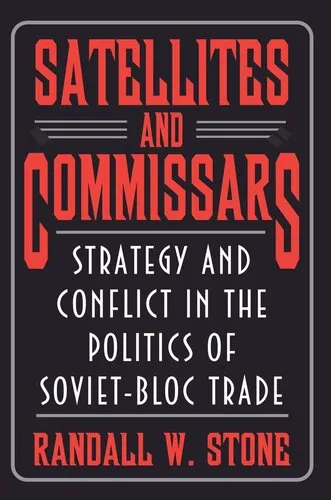

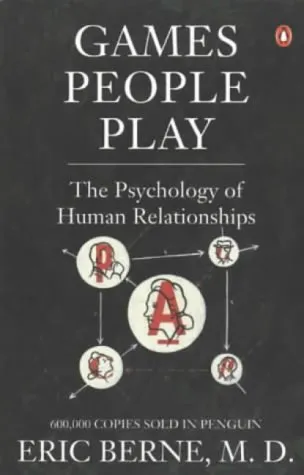
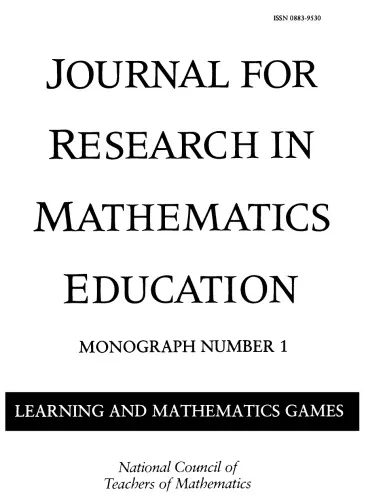
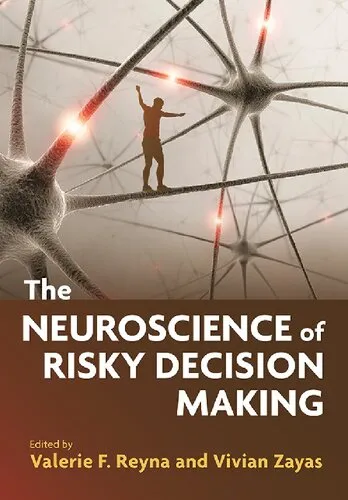
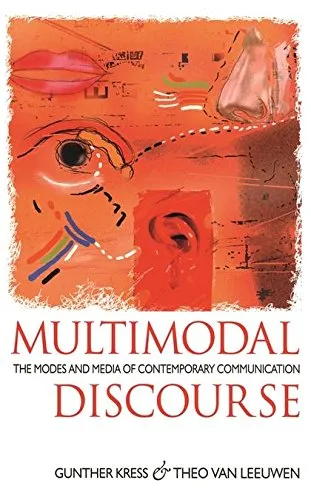
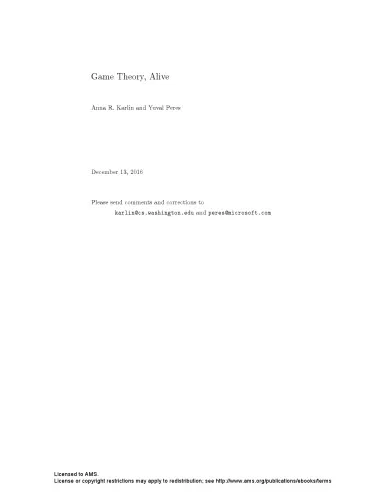



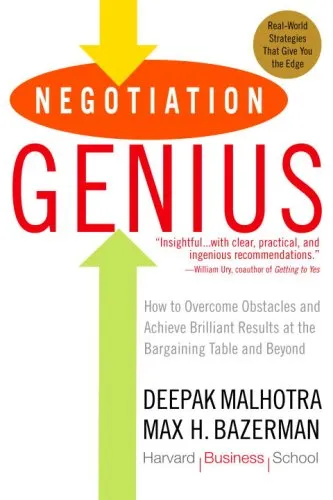

![Greatest 365 puzzles. [Pt. 1]](https://s3.refhub.ir/images/thumb/Greatest_365_puzzles___Pt__1_39670.webp)
